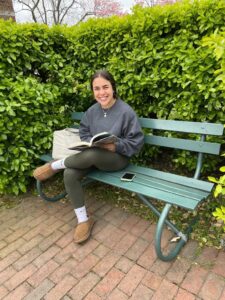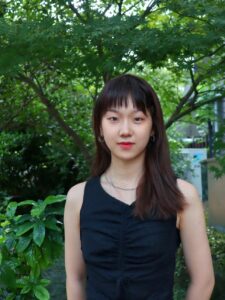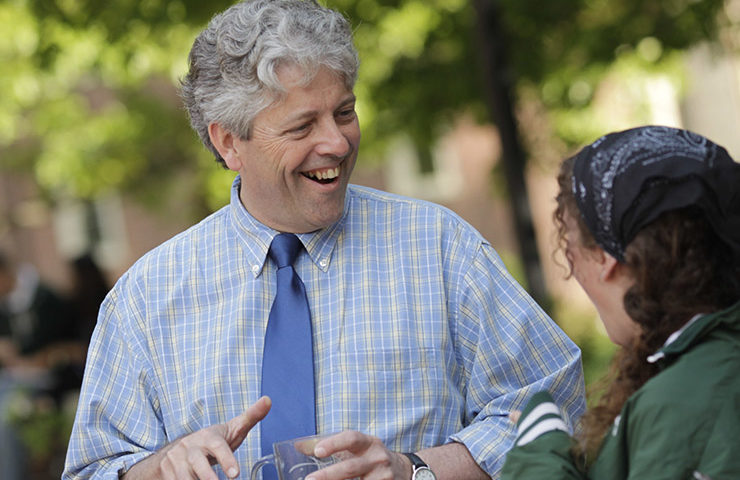
For former George School English Teacher Terry Culleton, retirement has meant a period of great productivity as he further hones his craft as a published poet. His poem “Viparinama” is the featured poem in the September issue of the literary journal Better Than Starbucks.
Terry is no newcomer to the poetry scene, having served as Bucks County Poet Laureate and published two collections, Communion of Saints (2011) and Eternal Life (2015). “Viparinama,” to appear next month, is one of fifty-five sonnets that make up Terry’s book A Tree and Gone, which will be published by Future Cycle Press in 2021. The uniting theme of the poems in the sequence will be suburban life and its relationship with the natural world.
“Viparinama,” which takes its title from a Sanskrit word important in Buddhism, focuses on how the spiritual intersects with the commercial. As Terry describes it, “we’re attracted by the idea of spirituality, but we want it ‘packaged’ right, and we’ll just as soon turn to a nice sweater for a sort of quasi-spiritual consolation in the face of life’s shifting exigencies. The poem has two centers, so to speak. A Buddha’s head on one side of the street (in a shop window) and a splendid sweater in a window on the opposite side.”
A Tree and Gone is a project around fifteen years in the making for Terry, who has been a lifelong lover of poetry, having first been introduced to its sounds through the act of memorization early on in school. He became further intrigued when his older brother introduced him to the work of T.S. Eliot, and started writing more seriously in high school and college. The biggest change in his own poetic style came when he moved from free verse to formal metrical and rhymed verse after encountering the poetry of Richard Wilbur.
In seeking to make an old-fashioned form like the sonnet speak to today, Terry focused on aspects of “the sonnet form that promote not only song qualities but also the shifts the mind makes when it’s meditating on an experience.” On the form of the sonnet itself, he reflected that it “is highly psychological in ways that even novels can’t quite emulate, since much of our psychological experience is, weirdly enough, musical, and prose doesn’t have the musical resources that poetry has.”
Terry offers the following advice to any young poets who might read this. “The hardest thing is always to remember that there’s an overriding fictive aspect to even the most apparently personal and revealing poem. Always try to find the perspective from which a poem you thought was about yourself isn’t really about yourself at all but a fictive ‘I.’ Then you’ll have more freedom to find ways to let the reader into the experience and produce work that, when it concludes, opens out.” To achieve this perspective on one’s own work, he recommends the following program: “1. Reading, reading, reading; 2. Writing, writing, writing; and 3. Getting lots of critiquing from other readers and writers. After revision, the real work of writing begins.”


 Joellen Paget Gillon (2015)
Joellen Paget Gillon (2015) Caroline Hedde (2019)
Caroline Hedde (2019)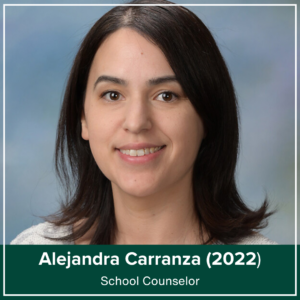 Alejandra Carranza (2022)
Alejandra Carranza (2022) Dr. Mariam Mahmud (2020)
Dr. Mariam Mahmud (2020) Indira Rodrigo (2008)
Indira Rodrigo (2008)
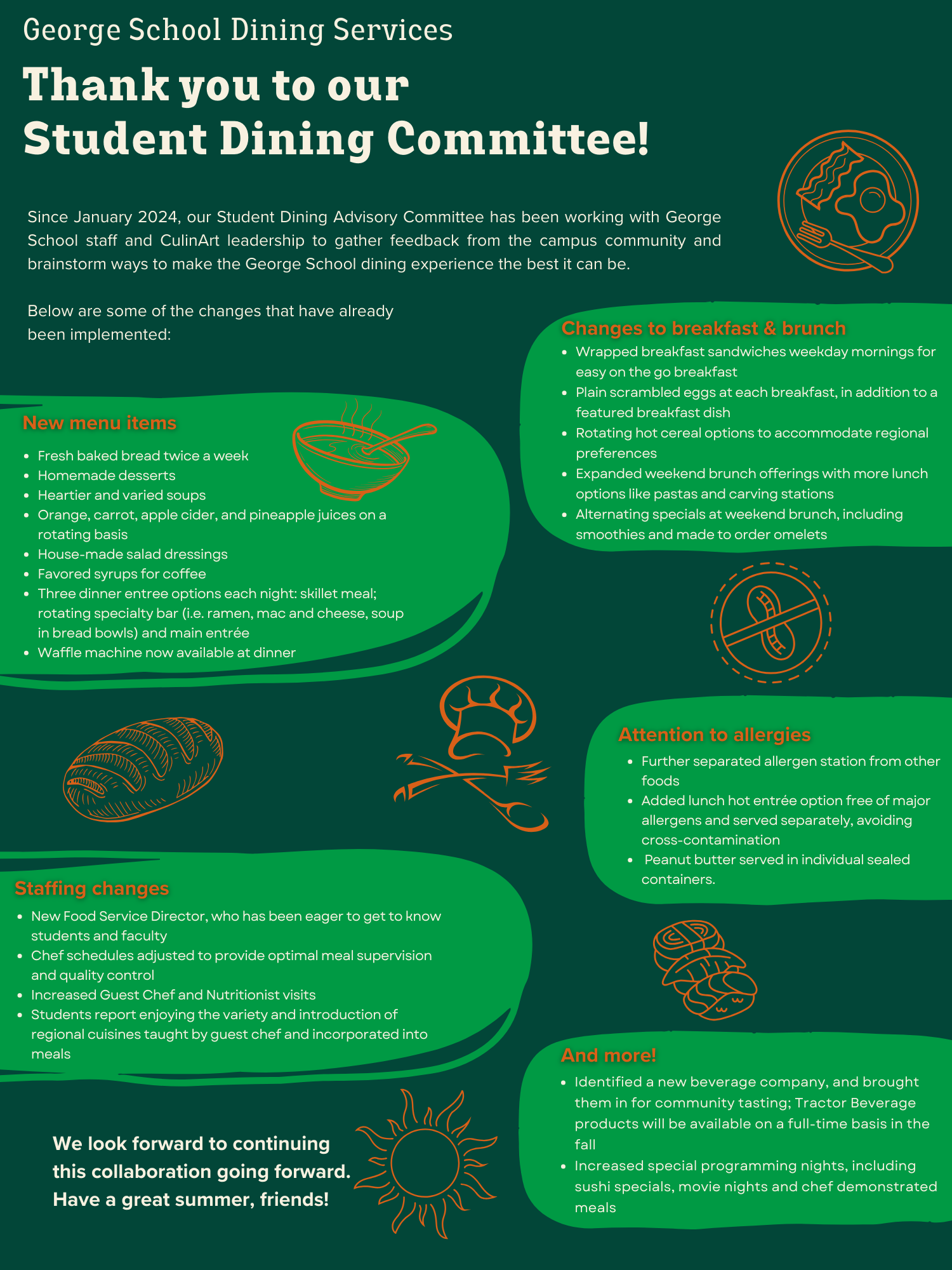




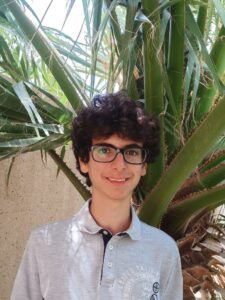 Monastir, Tunisia, and Amman, Jordan
Monastir, Tunisia, and Amman, Jordan Irvine, CA
Irvine, CA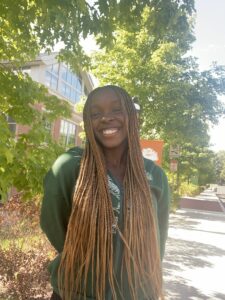 Feasterville-Trevose, PA
Feasterville-Trevose, PA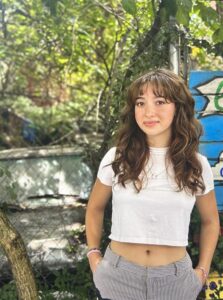 New Hope, PA (Previously NYC)
New Hope, PA (Previously NYC)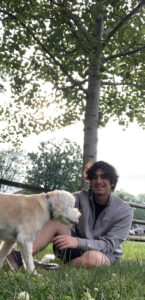 Richboro, PA
Richboro, PA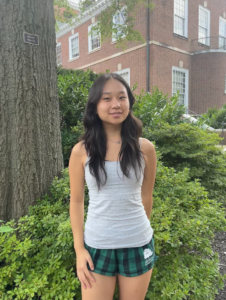 Englewood, NJ
Englewood, NJ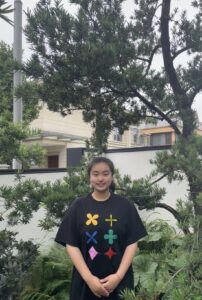 Ningbo, Zhejiang, China
Ningbo, Zhejiang, China Willingboro, NJ
Willingboro, NJ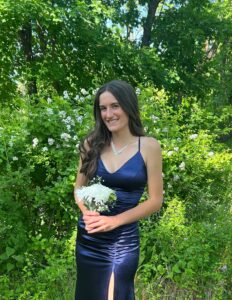 Yardley, PA
Yardley, PA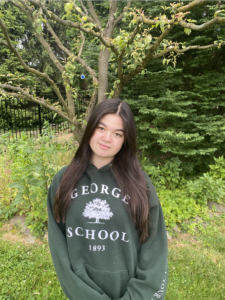 Newtown, PA
Newtown, PA Holicong, PA
Holicong, PA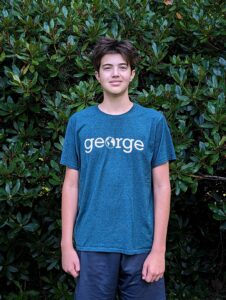 Newtown, PA
Newtown, PA Hamilton, NJ
Hamilton, NJ Yardley, PA
Yardley, PA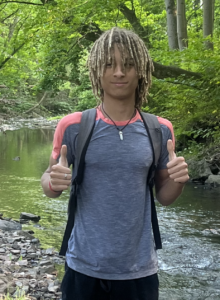 Lambertville, NJ
Lambertville, NJ Chongqing, China
Chongqing, China Pennington, NJ
Pennington, NJ Yardley, PA
Yardley, PA Bensalem, PA
Bensalem, PA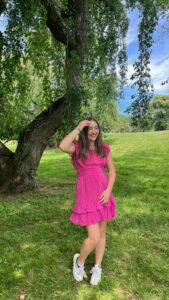 Borgota, Colombia
Borgota, Colombia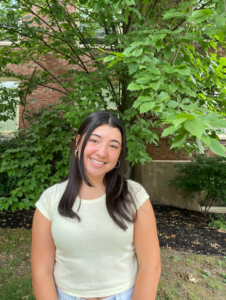 Newtown, PA
Newtown, PA Burlington, NJ
Burlington, NJ Langhorne, PA
Langhorne, PA Princeton, NJ
Princeton, NJ Langhorne, PA
Langhorne, PA New York City, NY
New York City, NY New Hope, PA
New Hope, PA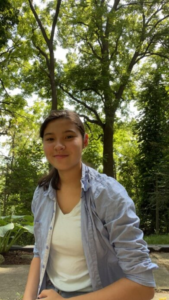 St. Catharines, Ontario, Canada
St. Catharines, Ontario, Canada Providenciales, Turks and Caicos Islands
Providenciales, Turks and Caicos Islands Willingboro, NJ
Willingboro, NJ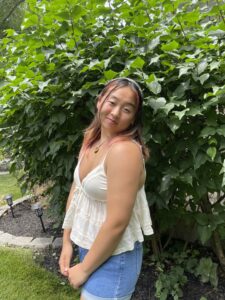 Princeton, NJ
Princeton, NJ
 Newark, NJ
Newark, NJ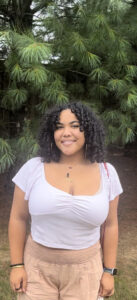 Trenton, NJ
Trenton, NJ Newtown, PA
Newtown, PA

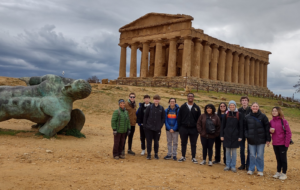




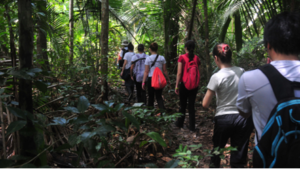
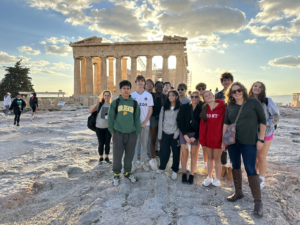
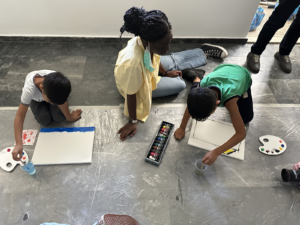
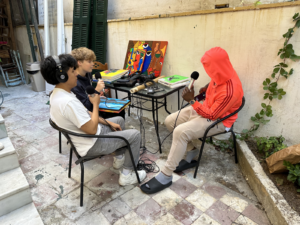








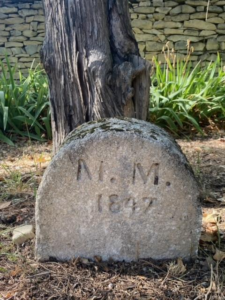

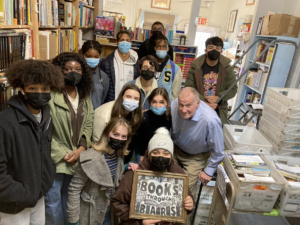

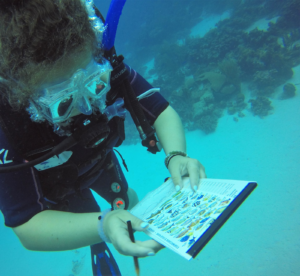


 Lawrence, NJ
Lawrence, NJ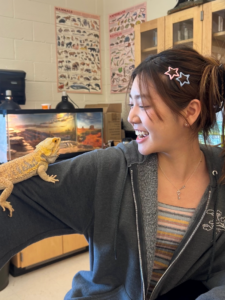 Seoul, South Korea
Seoul, South Korea
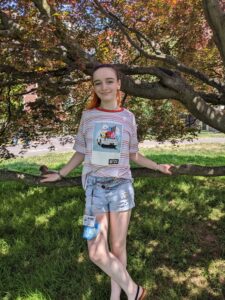 Milwaukee, Wisconsin
Milwaukee, Wisconsin Pennington, NJ
Pennington, NJ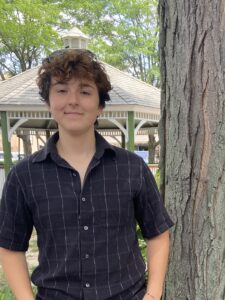 Jenkintown, PA
Jenkintown, PA Ottsville, PA
Ottsville, PA Yardley, PA
Yardley, PA Providenciales, Turks and Caicos Islands
Providenciales, Turks and Caicos Islands Hopewell, NJ
Hopewell, NJ
 Pottstown, PA
Pottstown, PA Playa del Carmen, Quintana Roo, México
Playa del Carmen, Quintana Roo, México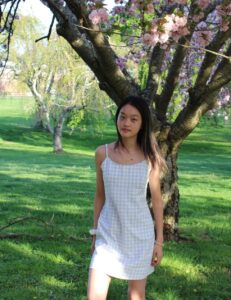 Shanghai, China
Shanghai, China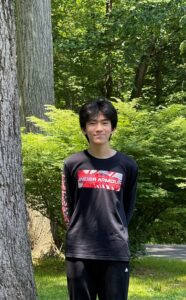 Beijing, China
Beijing, China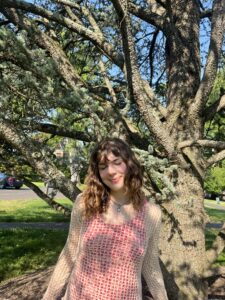 Yardley, PA
Yardley, PA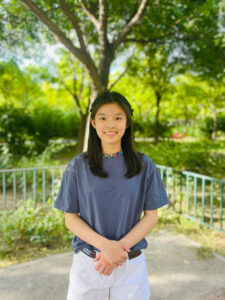 Beijing, China
Beijing, China Holland, PA
Holland, PA Langhorne, PA
Langhorne, PA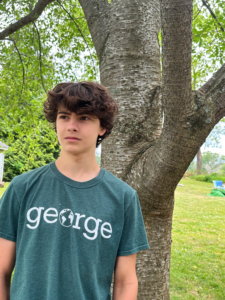 Ringoes, NJ
Ringoes, NJ New Hope, PA
New Hope, PA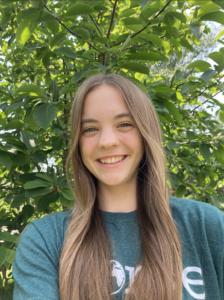 Dreshner, PA
Dreshner, PA Yardley, PA
Yardley, PA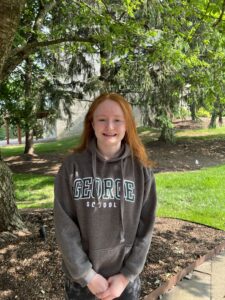 Yardley, PA
Yardley, PA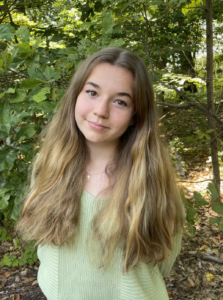 PA
PA


 Xi’an, China
Xi’an, China
